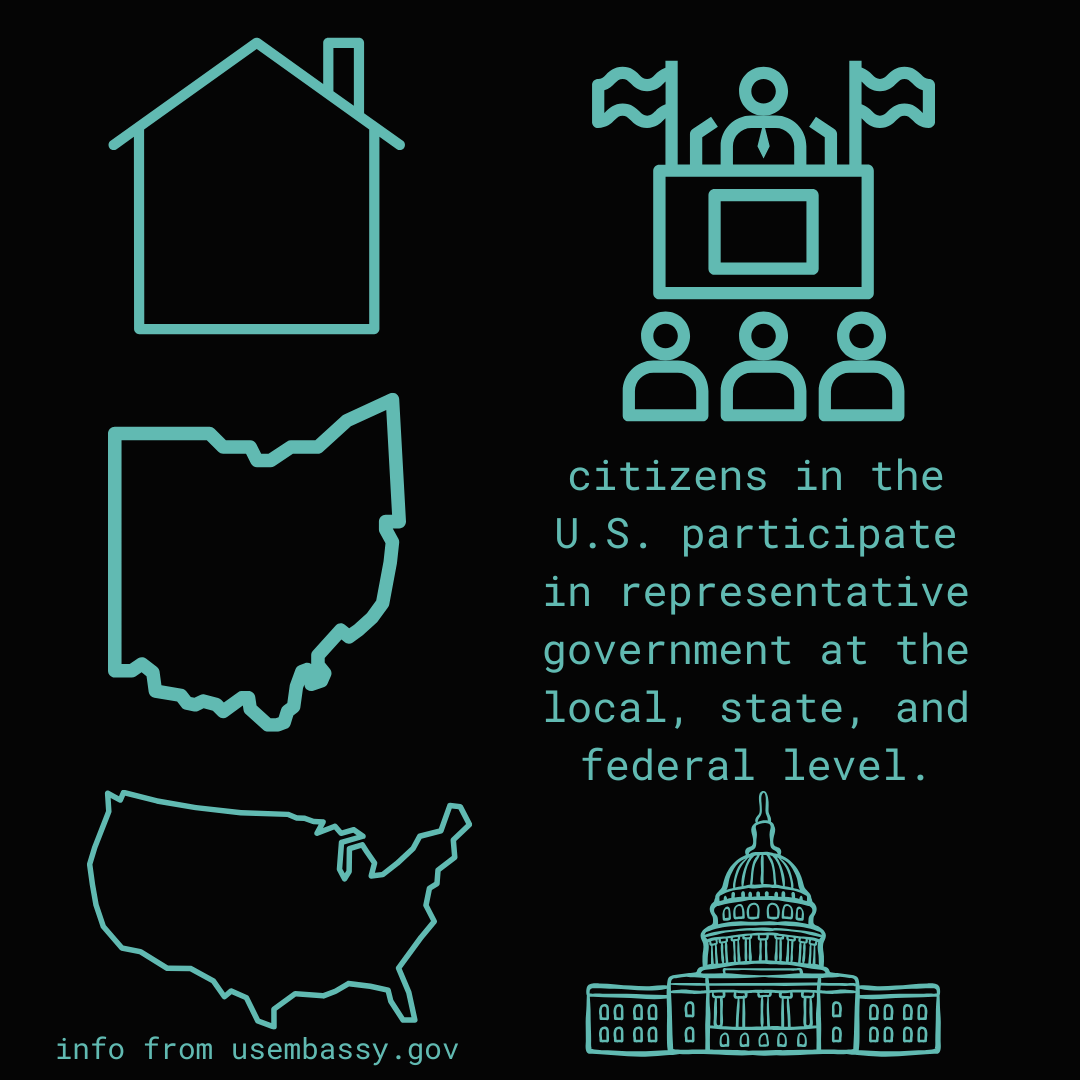Ohio House Bill 454 is terrifying.
Ohio House Bill 454 is a far-reaching attempt to erase gender expansive people, and mental health provisions for them. It targets trans youth and the licensed professionals who interact with them.
The bill targets insurance reimbursement and funding for community care facilities that provide gender-affirming care. This threatens the work therapists do: using pronouns and names, maintaining confidentiality, and maintaining the Ethics of our respective professions.
The bill was introduced at the Ohio Statehouse in February 2022. Its sponsors are Republican Pastor and State Representative Gary Click (88th district), and Republican Diane Grendell*(District 76).
I’ve written on Ohio’s abysmal political and social realities before. You can read about it here.
Photo by Aiden Craver on Unsplash
The so-called SAFE Act “save adolescents from experimentation” misinterprets the DSM to define terms in the legislation. I will not elaborate on those, but encourage you to read the legislation in the link yourself.
All direct text quotes from the bill are in bold and will go chronologically. Portions included below are not the entirety of the bill. However, I wanted to highlight the parts of Ohio House Bill 454 that licensed mental health providers need to know.
This is not legal or professional advice.
Readers are encouraged to review this Instagram post for a quick cheat sheet for mental health professionals.
Gender and transition are identified as anyone who is not living according to their binary, biological sex on page five of the bill.
“Biological sex,” “birth sex,” and “sex” mean the biological indication of male and female, including sex chromosomes, naturally occurring sex hormones, gonads, and non-ambiguous internal and external genitalia present at birth, without regard to an individual’s psychological, chosen, or subjective experience of gender.
Sec. 3129.02.
“Gender” means the psychological, behavioral, social, and cultural aspects of being male or female.
“Gender transition” means the process in which a person goes from identifying with and living as a gender that corresponds to his or her biological sex to identifying with and living as a gender different from his or her biological sex, including social, legal, or physical changes.
Pages 6 and 7 highlight the targeted State licensed professionals who, like myself, are licensed.
“Medical health care professional”means any of the following: A nurse licensed under Chapter 4723. of the Revised Code; A physician assistant licensed under Chapter 4730. of the Revised Code; A psychiatrist or psychologist licensed under Chapter 4732. of the Revised Code…any other professional licensed to provide mental health care services.
That last part is very important to any and all licensed mental health professionals because of how “gender transition” is defined above to include gender-affirming care socially.
Sec. 3129.04.
No physician or other medical health care professional shall provide gender transition procedures to any person under eighteen years of age. No physician, mental health provider, or other medical health care professional shall refer any person under eighteen years of age to any medical doctor for gender transition procedures.
Sec. 3129.05.
No nurse, counselor, teacher, principal, or other official or staff at a public or private school shall do either of the following: (A) Encourage or coerce a minor to withhold from the minor’s parent or legal guardian the fact that the minor’s perception of his or her gender is inconsistent with his or her sex; (B) Withhold from a minor’s parent or legal guardian information related to the minor’s perception that his or her gender is inconsistent with his or her sex.
The bill then pivots to attack the community at large and the families directly of trans children, in case they actually are in favor of trans youth having autonomy in their own healthcare:
Sec. 3129.06. (A)
No public funds shall be directly or indirectly used, granted, paid, or distributed to any entity, organization, or individual that provides gender transition procedures to any minor. (B) Health care services furnished by or in a health care facility owned or operated by the state, a county or local government entity, or by a physician or other individual employed by the state, or a county or local government entity, shall not include gender transition procedures for minors
Any amount paid by an individual or entity during a taxable year for the provision of gender transition procedures to minors or as premiums for health care coverage that includes coverage for gender transition procedures on minors is not tax deductible under division (A)(10)(a) of section 5747.01 of the
This section makes it clear that any public funding will not go to any provider who provides gender-affirming care. The way this is defined makes it illegal for mental health professionals to use pronouns and maintain ethical confidentiality. The existence of this portion of the bill could effectively close down the few remaining brick-and-mortar community mental health providers because of the very nature of public funding itself.
Page 10
Revised Code. (D) Medical assistance provided under the Medicaid (sic) program shall not include gender transition procedures for minors.
Sec. 3129.07.
The benefit package for eligible children under any health insurance policy or other plan providing health care coverage in this state shall not include reimbursement for gender transition procedures for any person under eighteen years of age.
Sec. 3129.08. (A)
Any provision of gender transition procedures to a person under eighteen years of age shall be considered unprofessional conduct and shall be subject to discipline by the licensing entity with jurisdiction over the physician, mental health provider, or other medical health care professional.
This portion of the bill refuses to allow children covered under an insurance policy reimbursement for any “gender transition procedures” which is not well defined above, but which absolutely involves care provided by LGBTQIA2S therapists and allies who work with youth. The bill continues to make mental health professionals libel for being sued in various ways:
A person shall be required to bring a claim for a violation of this chapter not later than two years after the day the cause of action accrues. A minor may bring an action before reaching eighteen years of age through a parent or guardian, and may bring an action in the minor’s own name upon reaching eighteen years of age at any time from that point until twenty years after.
*At the time of this writing, Diane Grendell’s husband, probate and juvenile court judge Tim Grendell faces a ethics complaint. The 61-page complaint mentions that he ruled to have two teens forcibly separated from their mother. Grendell is alleged to have put them in youth detention after they refused to see their father.
It’s beyond alarming that a couple within Ohio politics could enough power to bully the youth this way. It’s almost as if neither of the Grendells actually cares about individual children’s well being.




